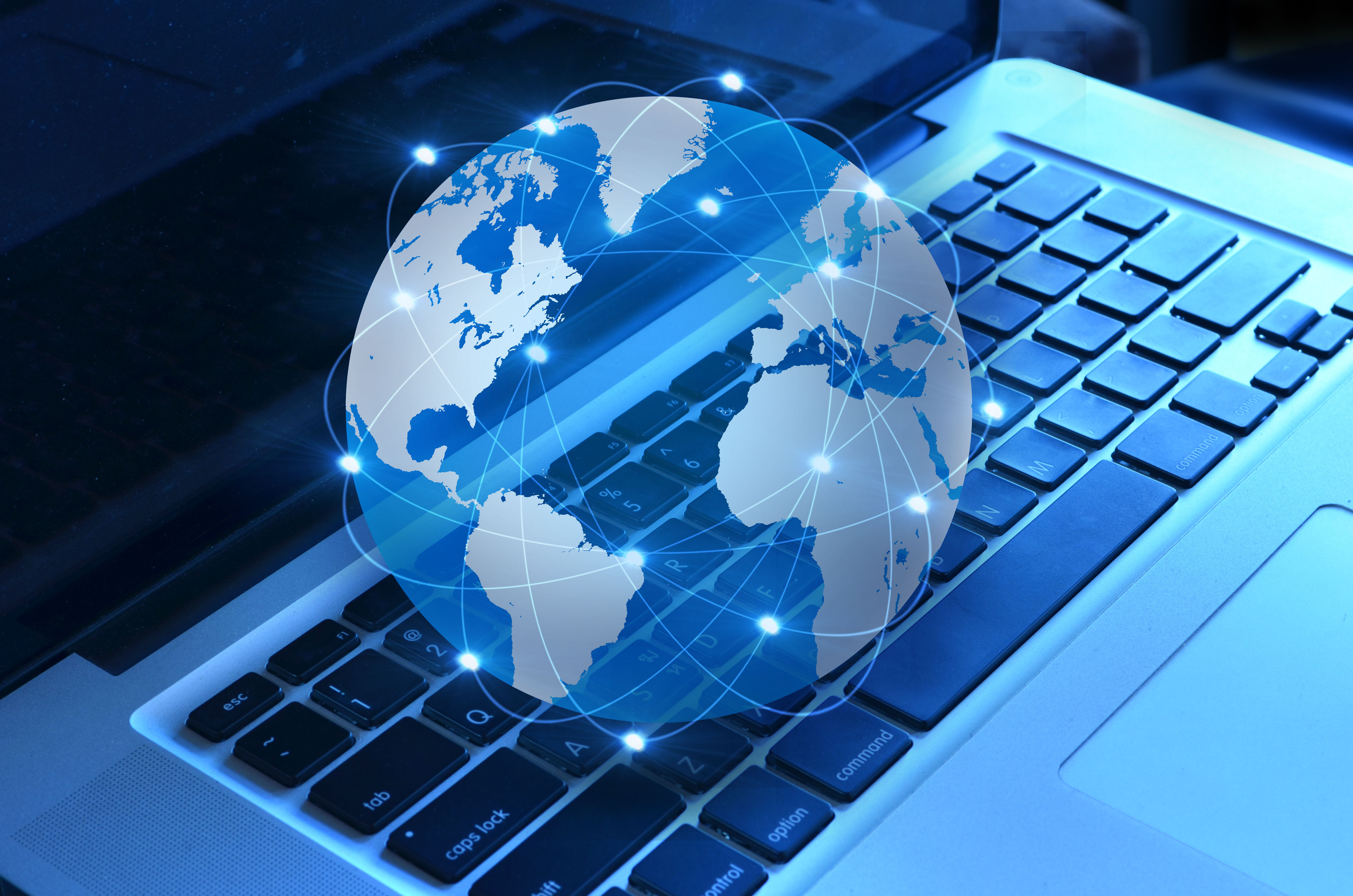With increased cyber-attacks occurring on the endpoint devices of organisations, cyber security experts have urged organisations to do more in their endpoint security.
Chris Buchanan, client solutions director at Dell EMC, says that over 93% of attacks occur on the endpoint, and needs to be a key focus in securing the data. “Organisations that ignore the endpoint do so at their peril,” he noted.
He said that most organisations do not realise how critical their data is and what the implications are if they are compromised. “Of even more concern is that, on average, it takes organisations over 100 days to discover a data breach, meaning cyber criminals have had months to rifle through a business’s systems.”
Protecting the organisation’s data is not just good business practice, it’s also critical for protecting its reputation. “Most people would not do business with an organisation that has a reputation for sharing their personal information. That is why encrypting sensitive data is a critical first step.”
He added that businesses often believe they are covered if they have an anti-virus solution. “Unfortunately, that is no longer true. Traditional anti-virus products are only able to address half the virus threats out there, and are not equipped to fight zero day attacks at all.
Corroborating Buchanan on endpoint weakness, William Makatiani, managing director, Serianu, said that the percentage goes higher for newer attacks like ransomware and phishing.
“End point security has become so critical in the fight against cyber-attacks because cyber criminals have identified end users as the weakest link. It is much easier to successfully attack and infect multiple end-users than it is to attack a critical server. End users also seem to ignore basic cyber hygiene – hence the attractiveness.
“Simple, secure every single device and continuously monitor to ensure the expected secure profile is maintained. The challenge is the ability to get end users to adhere to required security profile. As such continuous monitoring and exclusion of infected devices helps to reduce infection.
ALSO READ: Uncovered: NBC boss approves 16 illegal radio licenses for self, family members
“Always use technology to scan/review the security posture of end user devices before allowing them to access critical organisational data. There newer technologies that can be used to prevent/detect/isolate insecure end points,” Makatian said.
On the role of internet service providers (ISPs) in the fight against cyber -attacks, Makatiani said that Internet service providers have several roles to play in the fight against cyber-attacks.
“The first obvious role is continuous monitoring of the big pipes that deliver internet to organizations and individuals. Since they control these pipes and most attacks can be detected at the pipe level. It is possible to monitor ISP traffic and detect abnormal activities or traffic.
“ISP’s have a role to play in the general user awareness which increases user alertness.
“ISP can provide cheaper solutions as part of their provision of connectivity to their customers. Most cyber security solutions are expensive when purchased independently but a a service provider this can be reduced,” he stated.
On way forward for organisations on endpoint security, Buchanan said: “To protect the company’s data, a data-centric encryption product that can be audited and managed centrally is much less intrusive, faster and easier to manage than the traditional full disc encryption solutions.
“To protect against modern threats and attacks, a threat defence anti-virus should replace the traditional anti-virus solution.”

 Football6 days ago
Football6 days ago
 Entertainment5 days ago
Entertainment5 days ago
 Football1 week ago
Football1 week ago
 Business5 days ago
Business5 days ago
 Football1 week ago
Football1 week ago
 Football6 days ago
Football6 days ago
 Crime6 days ago
Crime6 days ago
 Health5 days ago
Health5 days ago






